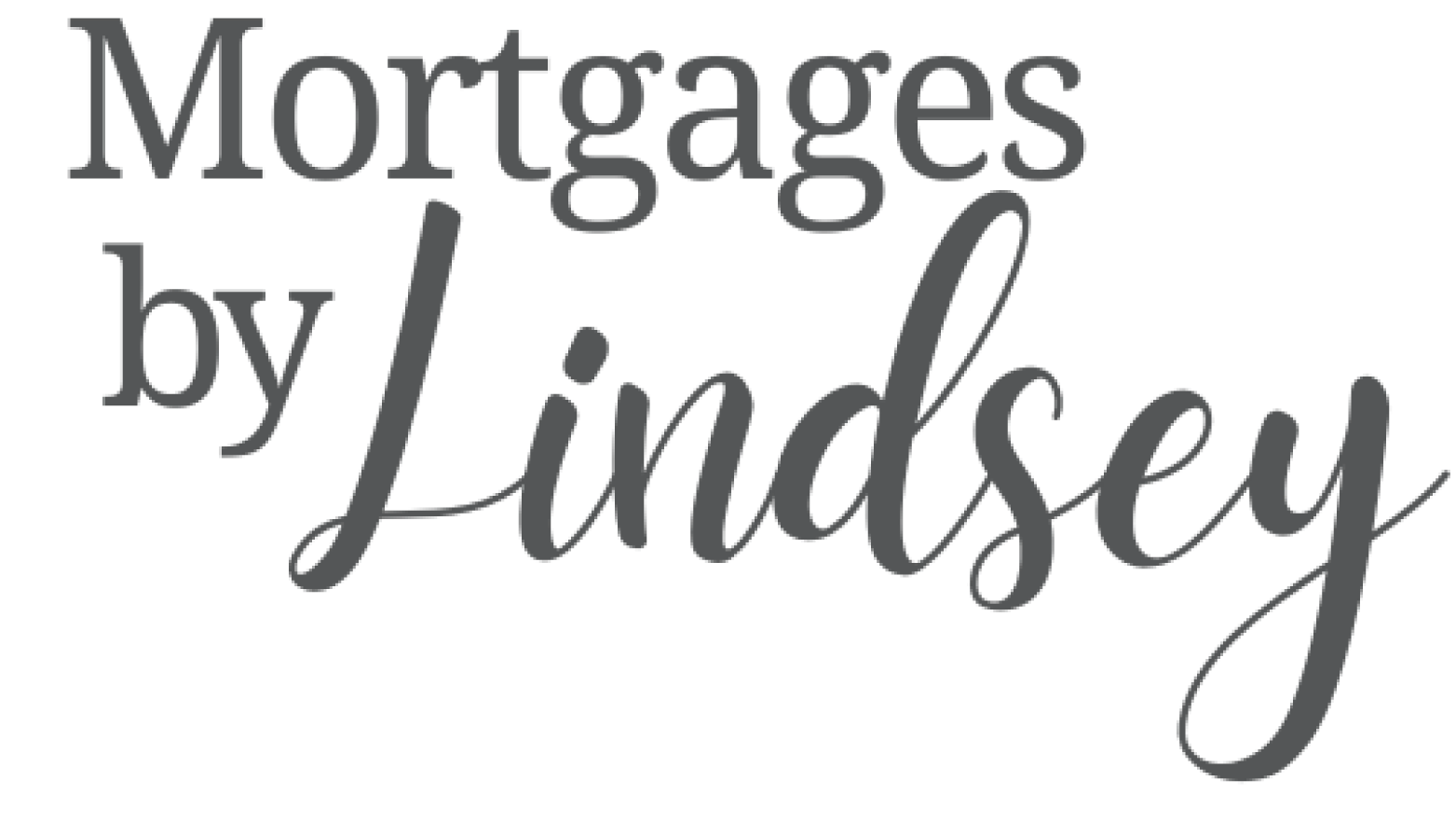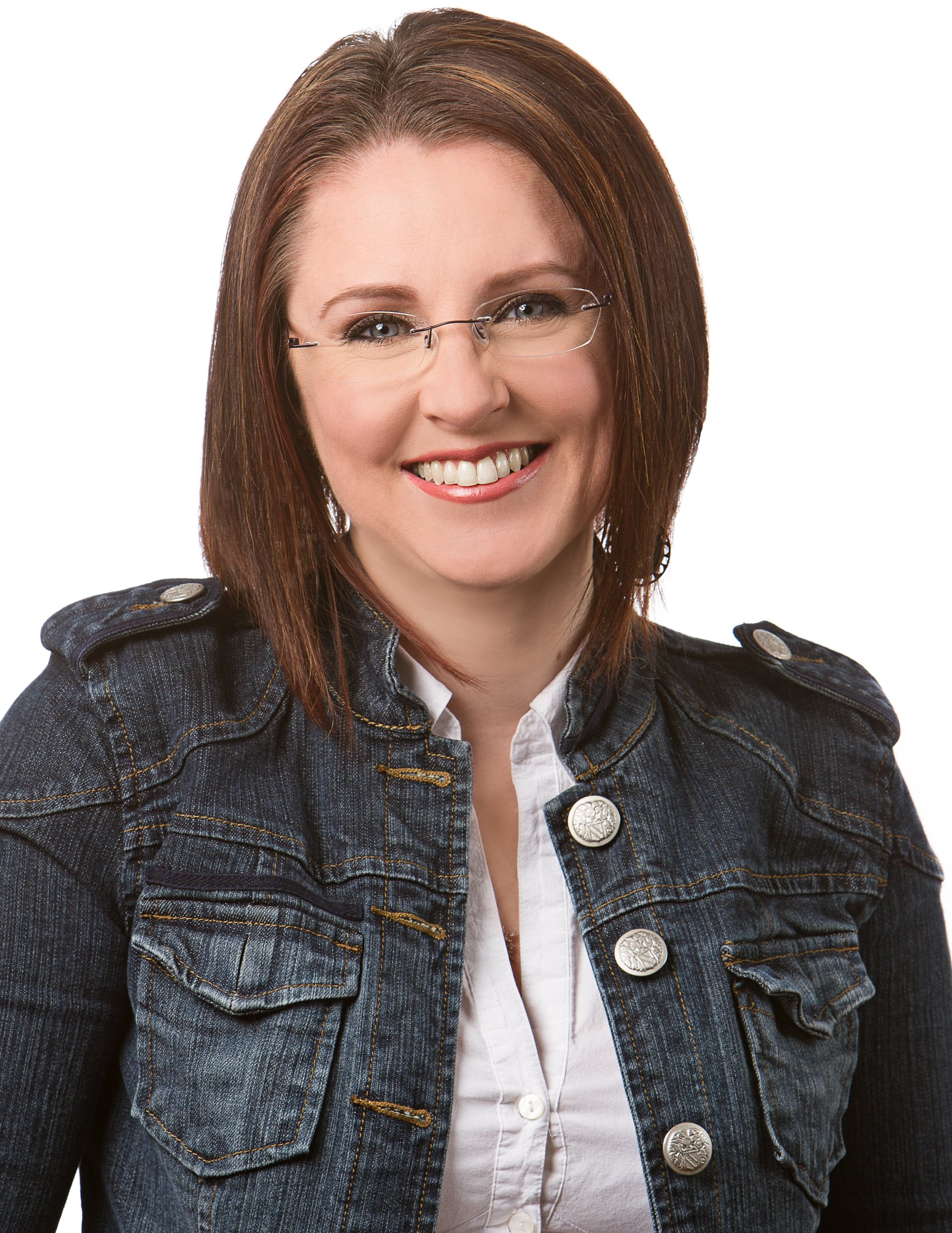Mortgage Financing. Simplified.
Let us
guide you through the complex world of
mortgage financing.
The mortgage process can be intimidating. We can help you get the right mortgage when you follow my 3 step plan.
Get started right away
The best place to start is to connect with
Erica directly. As the mortgage process is personal,
our commitment is to listen to all your needs, assess your financial situation, and provide you with a clear plan forward to secure financing.
Get a clear plan
Sorting through all the different mortgage lenders, rates, terms, and features can be overwhelming. Let us cut through the noise,
we'll outline the best mortgage products available with your needs in mind.
Let me handle the details
When it comes time to arranging your mortgage, we have the experience to bring your financing together. Our goal is to make sure you
know exactly where you stand at all times. No surprises. We've got you covered.
Mortgage Agent Level 2 Licence # M16000607
I’ve been a proud military spouse for over 25 years, balancing my husband's Air Force career with raising a family and having a career of my own. In 2016, I joined The Mortgage Advisors in Petawawa and I enjoy being a part of helping people achieve their dreams of homeownership. In 2018 I partnered with Erica Vincelli and together we are the perfect balance of skills.
Oftentimes, mortgage financing can seem confusing and overwhelming, especially as buying a home is one of the biggest financial decisions you’ll make. We embrace the challenges and would love the opportunity to guide you through all your mortgage options.
We specialize in working with First Time Home Buyers and military families. Not every mortgage is created equal, and the lowest rate isn’t always indicative of mortgage suitability. The goal is to find the mortgage product that best suits your long term needs and lowers your overall cost of borrowing.
Let us help find the best mortgage for you!
Erica Vincelli
I’m an award-winning, licensed mortgage agent, born and raised in this beautiful city of Ottawa. As a homeowner, real estate investor and landlord since the age of 21, I understand and have personally experienced many of the same struggles of obtaining a mortgage through the banks.
When options are not properly explained, you may get trapped in a high penalty mortgage or worse, one you can’t get break free from at all. The fine print can be the most important detail and my team and I are here to provide clarity and do the hard work for you.
Having a passion for helping people, a love for numbers and real estate and the confidence to negotiate for your best mortgage, you will feel assured that you have the right people working for you. I am determined to change the way you experience and understand your mortgage and happy to share my 5-Star Reviews as they are proof of that commitment. My intention is to help you achieve your mortgage goals, whether it is to build a real estate portfolio or be mortgage free faster. I find ways to help you save money and time, and enjoy the process along the way.
When you put your trust in my team, you will be treated with respect while receiving ongoing communication and updates, all from the comforts of your home or work so that your life is not interrupted because the most important part of this process should not be getting the mortgage but rather the excitement of owning your very own home.
My name is Erica Vincelli and I am YOUR mortgage advisor.
Some nice things clients have said about Us.
Mortgage financing for the Canadian Armed Forces
We have considerable experience arranging mortgage financing for members of the Canadian military. I'd love to work with you!
Mortgage services to meet your needs.
Whether you're looking to purchase a property, refinance an existing mortgage, or if your mortgage is up for renewal, you've come to the right place. Select from the options below.
Run some calculations.
The best place to start the mortgage process is to contact me directly.
We'll be your guide through the entire mortgage process.
Articles to keep you learning.








